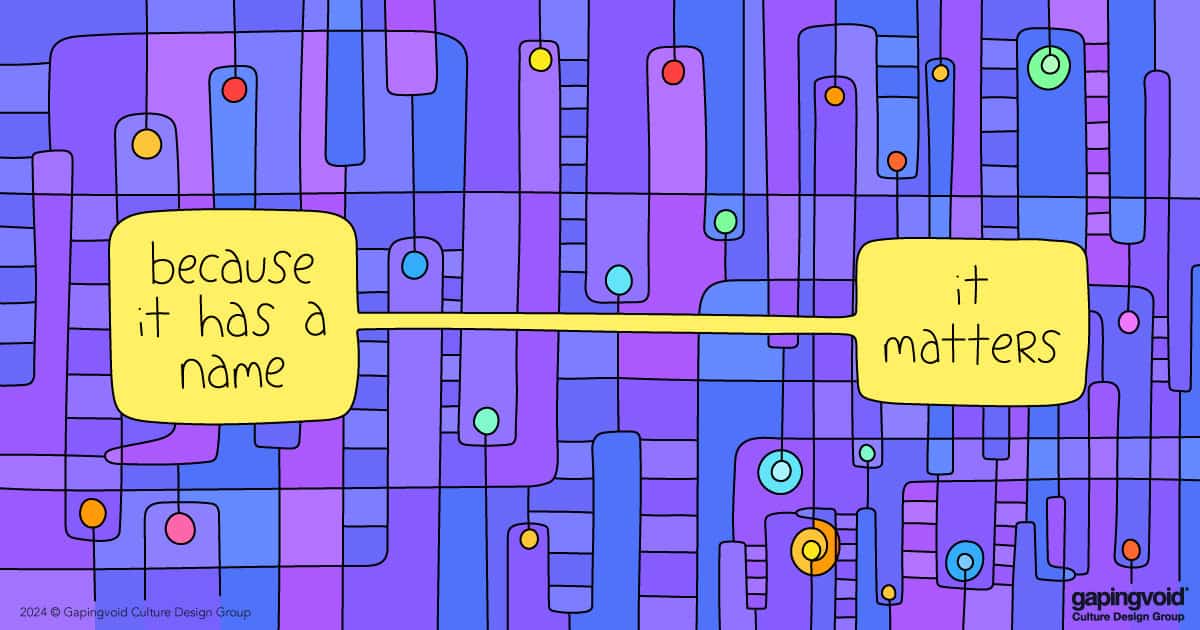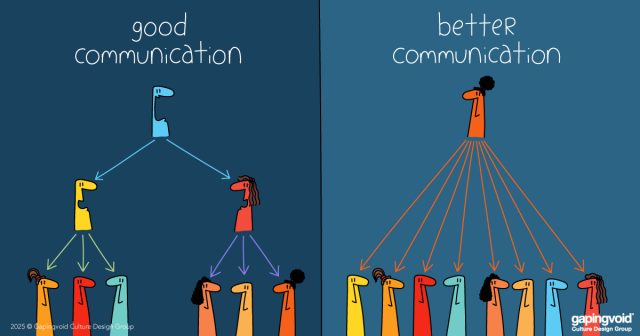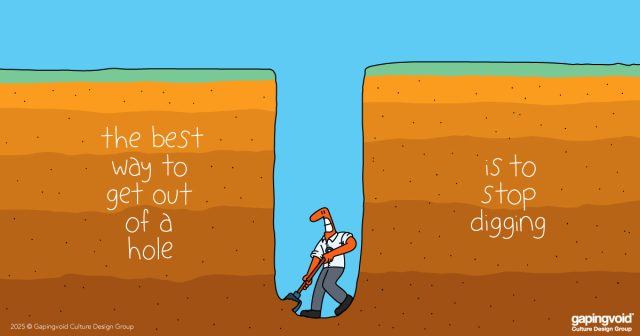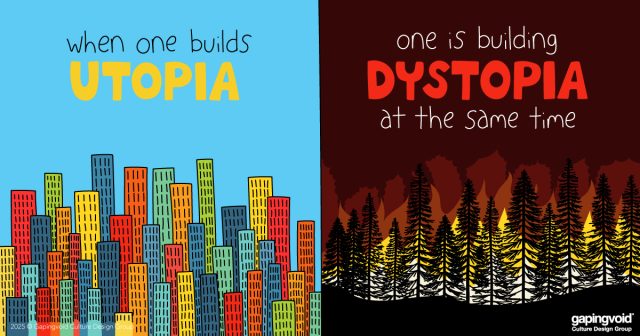
“What’s in a name?” Shakespeare asks in Romeo and Juliet. Not much. He says: “That which we call a rose by any other name would smell just as sweet.”
But that’s not quite right. There’s a lot in our names.
Our names are our identities. Our signatures. Our reputations. Our “personal brands.” Our Instagram handles. They hint at our nationalities and even our family histories (e.g., surnames like “shoemaker” or “miner” were the names of shoemakers and miners). Some research even indicates that we subconsciously gravitate to careers and vocations that have linguistic similarities to our names (Dennis becomes a Dentist). It’s called the name-letter effect.
As Dale Carnegie wrote, “a person’s name is to that person, the sweetest, most important sound in any language.”
There’s also a lot in the names we give to things outside of ourselves.
Since the dawn of military flight, fighter and bomber pilots have named their planes. Tank crews have done the same thing. Recent Abrams tank names include “Diplomacy Failed,” “Hold my Beer,” and “Baby Yoda.” So have artillery crews. So have Navy sailors and civilian sailors: in most ports and harbors, you can’t find a single nameless boat. And, more recently, truck drivers and even snowplow operators have begun naming their machines.
When we name something, we gain a certain sense of ownership over it. This appeals to the endowment effect: we value the things we feel like we own. And the Ikea effect: we value the things we contributed to (even if it’s just in deciding a name).
Naming social constructs and institutions can also unify a team around a shared identity. That’s why, in 1942, Major General William C. Lee named the famous U.S. 101st Airborne division the “Screaming Eagles,” a name that stuck. That’s also why our teams have names. If you work at Google, you’re not just a Google employee, you’re a Googler. If you work at Kiko Milano, you’re not just a beauty advisor, you’re a Kikonic.
No matter where you put us, we humans always default to meaning-making. Naming things is just one of the ways we do that. And, when we do that as a team, we don’t just get personal ownership, identity, and meaning, we get collective ownership. Team identity. Shared meaning. It’s the best kind.



